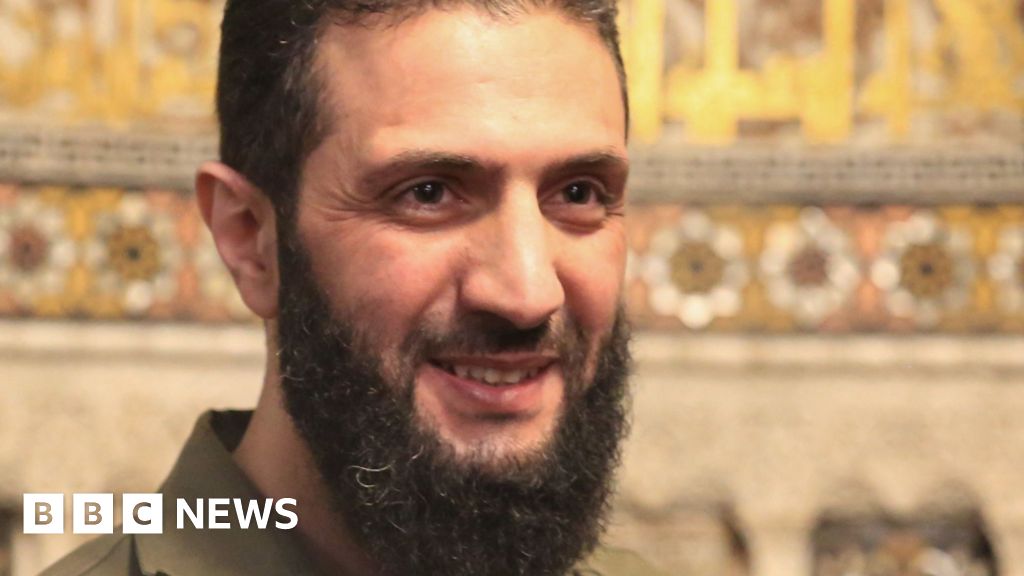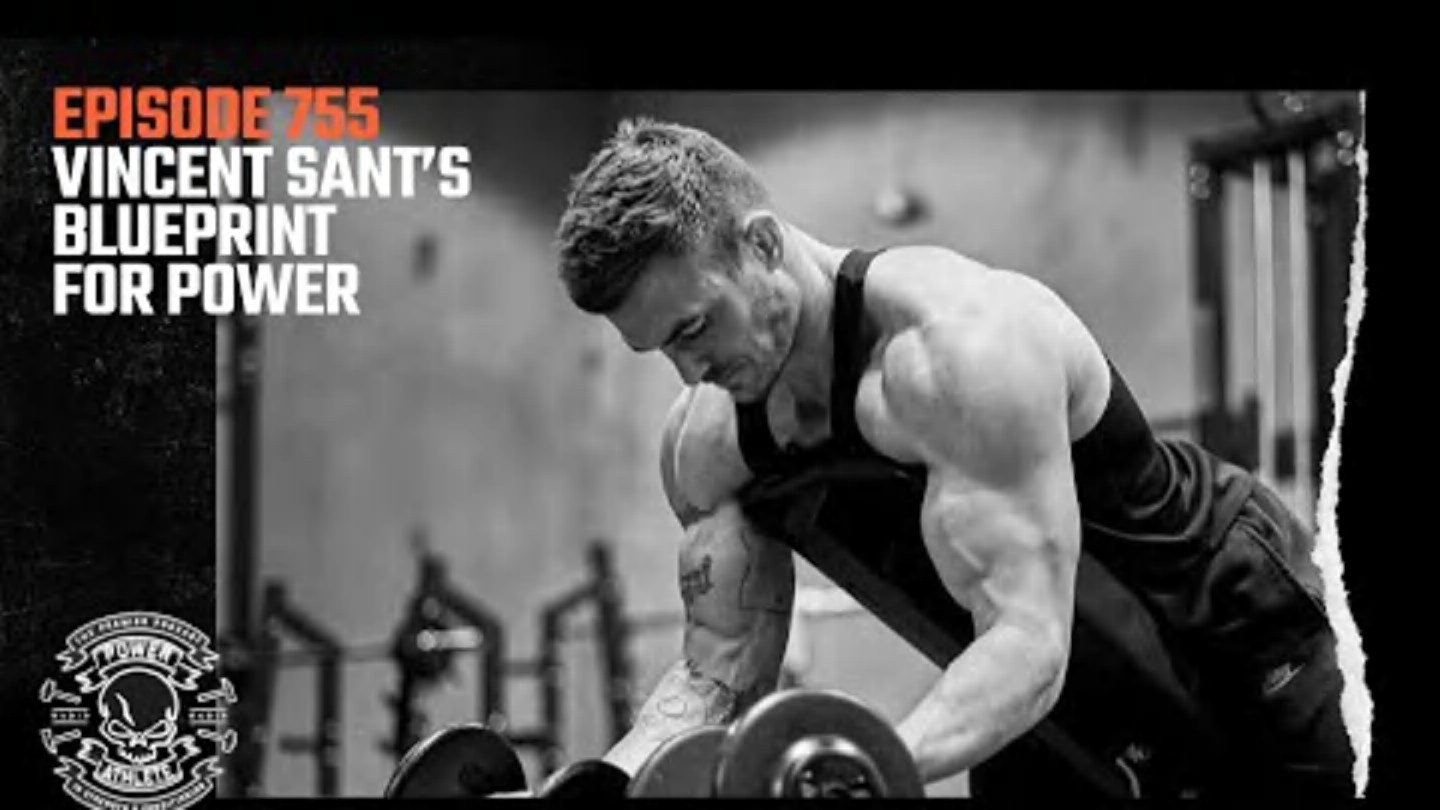Sports
Whether math adds up for US men’s Olympic team remains to be seen | Opinion

Five Paris Olympics storylines to know from security to Simone Biles
The Paris Olympics are fast approaching. Here’s what you need to know about the first post-pandemic Games.
MINNEAPOLIS — Math is supposed to be black and white, leaving no room for debate or questions.
Sometimes, however, even the most straightforward of things will rip your heart out. Leave you wondering if the numbers did, in fact, lie.
The five men who made the U.S. gymnastics team for the Paris Olympics on Saturday night did so because a computer program said their three best scores across four nights of competition made for the highest-scoring team. Same when their scores from all four nights of competition were considered.
It’s a system the athletes and their coaches pushed for, wanting decisions to be made more on data and less on subjectivity.
And yet, it still seems lacking. Even knowing the scoring format for team finals requires a team that’s more jigsaw puzzle than cookie cutter, it’s hard to look at the final standings and not wonder if, math aside, this is the right team.
“This is a great team,” said Brett McClure, the men’s high-performance director.
But is it the best team?
“Based on the results from two competitions, these are the guys that were the best. Absolutely. For this process,” McClure said.
That is not exactly definitive, something this system was supposed to negate.
Because all three scores on each event will count in team finals at the Paris Olympics — there’s no dropping a lowest score, as there is in qualifying — it’s not as simple as taking the top five all-around gymnasts in rank orders for teams with designs on a medal. Instead, the medal hopefuls build squads that can put up big scores on every event and do it consistently, and sometimes that means bypassing the rank order.
The Americans are taking Stephen Nedoroscik, a specialist on pommel horse, traditionally one of U.S. men’s weakest events. But Nedoroscik did not put up crazy numbers on horse — he actually finished behind Patrick Hoopes at trials — and acknowledged watering down his routine Thursday night because of nerves. He also cannot do another event even if someone else gets injured.
Shane Wiskus is an alternate despite finishing third at the Olympic trials after the meet of his life. Ditto for Khoi Young, who is the team’s best vaulter and was third at the U.S. championships last month but had a rough meet at trials. There are guys staying home who can, and did, put up 15s or better, but weren’t as good across the board.
“I had the best two days of competition of my life. That’s all I can do,” Wiskus said.
Asked how he felt for that to not be good enough, Wiskus replied, “Numb.”
“I feel like I deserved (to make) it,” he said.
There is no good way to crush someone’s Olympic dream. Whether it’s a sport decided by the first across the finish line, a computer program or some combination of head and heart, the idea of making the Olympics is what has kept these athletes in the gym, in the pool and on the track since they were kids, and nothing will lessen the sting of coming up short. Someone is always going to be devastated.
Making it make sense is the least they are owed, however. Sometimes, that requires more than pure math.
“I like the data. I think there should still be a little more discretionary (criteria),” said Sam Mikulak, a three-time Olympian who now coaches at EVO, where Wiskus, Nedoroscik and Brody Malone train.
“There’s been a lot of talk and feedback between the coaches and staff. I think going strictly off data and the judges’ panel, and that’s who controls who picks the team, that’s something we still want to work on,” Mikulak said. “It would be nice to be able to be a little more malleable in the coming years.”
The final proof will be on the medals podium in Paris, of course. If the U.S. men get their first team medal since 2008, no one will give a second thought to the makeup of the team.
If they don’t, everything will be open to question.
Even the math.
Follow USA TODAY Sports columnist Nancy Armour on social media.










